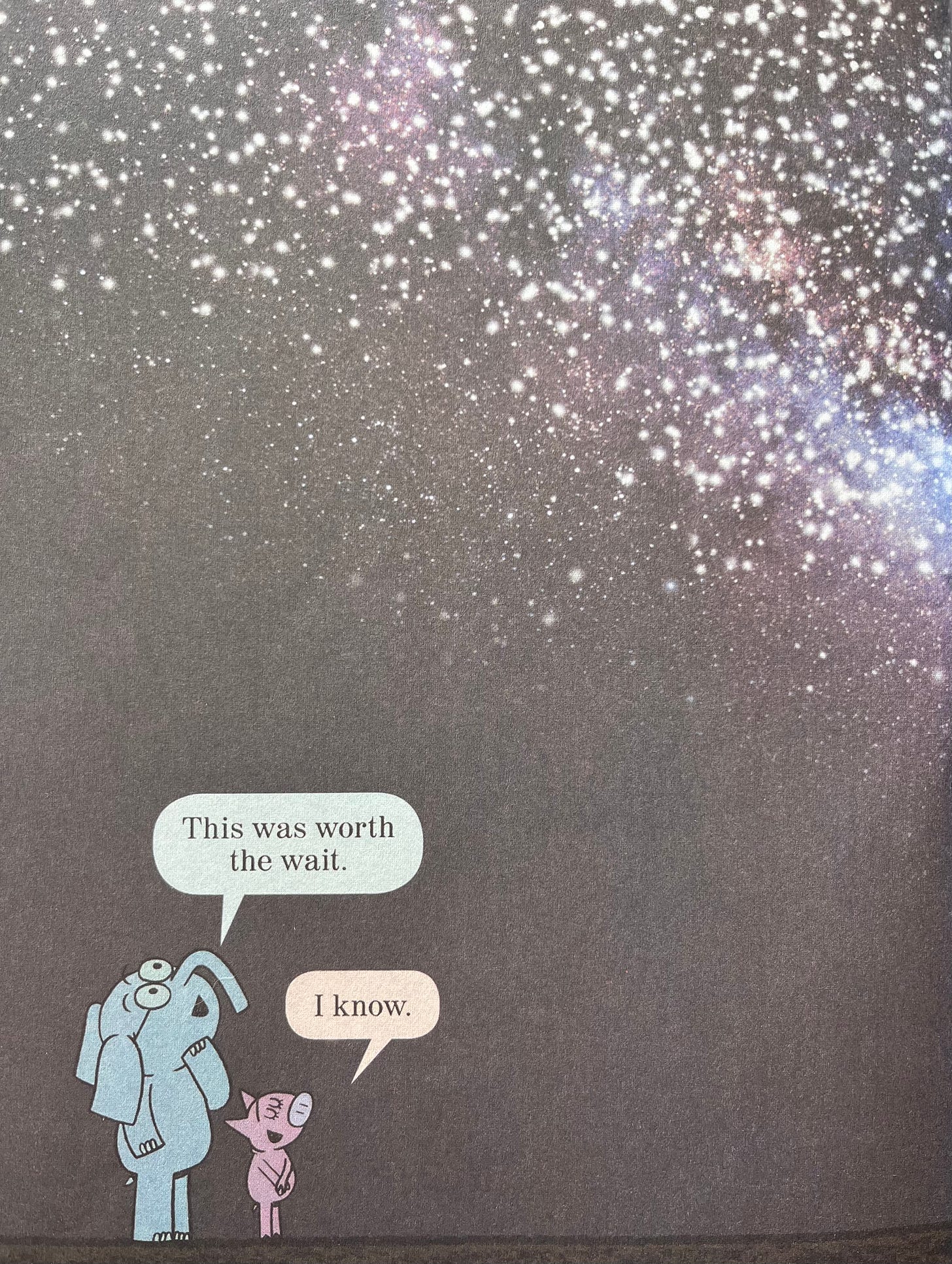Dear people,
Welcome to another (long overdue) edition of Make a Fool of Yourself Friday! It’s overdue because I was busy feeling bad about myself for not being able to learn Rusyn, and also because I was sick (and I still kinda sound like an old man.)
To anyone new here, Make a Fool of Yourself Friday (or MFYF) is a cherished tradition here at Friends with Words where we all make fun of me speaking a new language. You can watch the first installments here and here. But also it’s to inspire people to say things out loud in their desired languages. If there was a way to post videos in the comment section I would be so happy to see you guys also making fools of yourselves in languages of your choice! Nobody would understand anything anybody else is saying but we would all cheer for one another nonetheless. That would be like, an ideal world we should all strive to live in, no?
Today I'm going to tell you a story in a mystery language.
First I’ll show you the video because maybe some of you want to try and guess what language I’m speaking and then I’ll place a distracting image so you don’t accidentally see the answer when you scroll down and only then will I make the big reveal.
Let me know in the comments whether you managed to guess it or at least were in the right direction. That will give me an idea of just how badly my Russian accent ruins everything.
I started learning Swahili last Saturday.
The main reason is because I wanted to talk to someone (no worries nobody got injured this time. I'll tell you all about it next week.)
Another reason is that I urgently needed to start learning a new language after my demoralizing failure to learn Rusyn.
Swahili belongs to the Bantu language family, and it is what linguists call an agglutinative language. In agglutinative languages, words are made up of many little bits (morphemes) that fit together like pieces of a puzzle with a satisfying click.
Like this:
Tunawapenda ‘We like them’ is a whole sentence in English but in Swahili, it is one word. You can switch the order of tu ‘we’ and wa ‘them’ to change the meaning. Wanatupenda means ‘They like us’:
It’s a relatively easy language mostly because it’s very regular, meaning that once you learn a certain rule there aren’t going to be many exceptions to it. Verbs do a lot of work here (as you can see above) but nouns change very little.
I’ll share more exciting things about it soon.
For now, here are the updated project rules:
1) The language in question has to be as different from Russian as possible.
2) It will have no cases. Because those are bad for my nervous system.
Oh and here is the transcript of what I just said:
Hello, I’m Tanya. I live in Israel, I have one dog and two kids.1 I like learning languages. I started learning this new language because there was someone I wanted to talk to. I know how to say a lot of things but I don’t understand this language very well yet.
P.S. There is not going to be an MFYF video of me talking in Rusyn (even if I somehow magically manage to learn it). Because it still feels too much like Russian in my mouth and it’s just going to be way too awkward.
At the end of the year, there is going to be a quiz testing how well everyone remembers how many kids and dogs I have.







Tanya - I got as far as guessing it was an African language. Probably from something I heard in a movie--or I think in an introduction to a man at a lecture in some university. I think I'll pay special attention to any foreign speech I hear in the New York area, which is not difficult. On my suburban street, neighbors speak Armenian, German, Spanish, Hebrew, and who knows what else. I'm a native Spanish speaker and would love to be able to communicate in Portuguese which is actually so different in sound from Spanish, the whole positioning of the mouth and lips totally different. Maybe I'll give it a try one of these Fridays! By the way, I didn't hear/feel the "clicks" in the phrase you read.
Hi there! I’m so sorry you’ve been sick. Why can’t you learn Rusyn? I did agree with the other comment her that it’s either a indigenous language, or a tribal African language like Zulu or something.